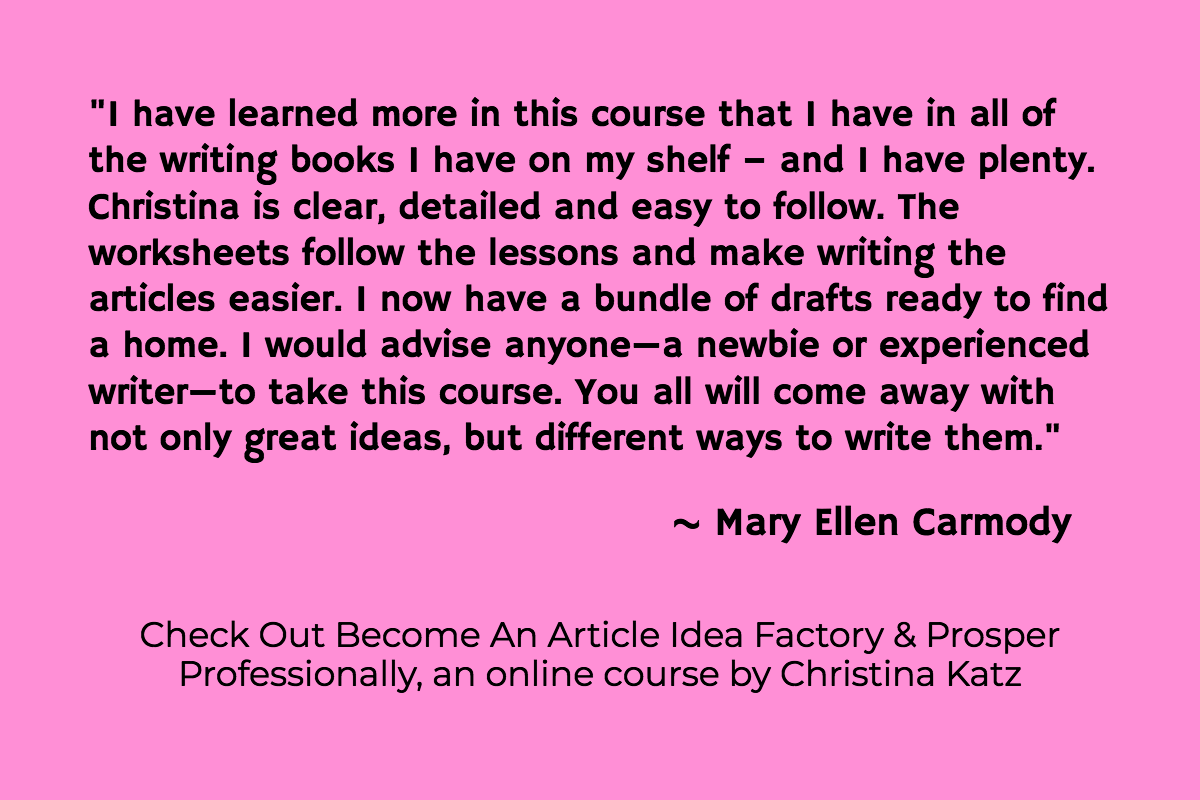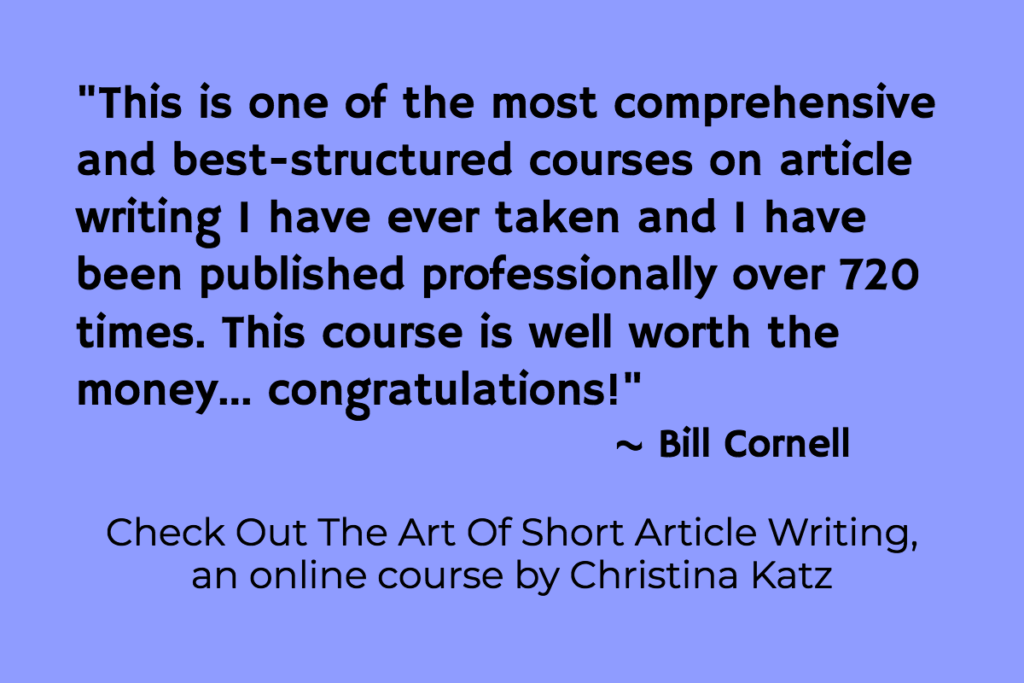Welcome to my new series #creativetothecore — meant to help you cultivate more creative joy in your life.
Let me know if you can relate to this post by commenting.
If you would like to share or respond, please use the social media tag #creativetothecore and/or link back to this post.
I’ve been wanting to start this series for while and now seems like a good time. So let’s begin.

What The Heck?
I was verbally attacked in a parking lot out of the blue the other day. A few minutes into the verbal assault, it hit me. Why am I sitting here taking this? I don’t have to, and I’m not going to.
So I got out of my car and I stood up for myself. I used my phone to capture photos of the vehicle and license plate and let the abusive driver know I was taking the evidence to the police. Because I stood up for myself, the man stopped dumping on me and high-tailed it out of there. There were a couple more attempts at intimidation but I wasn’t backing down because I was not willing to accept mistreatment as something I deserved.
I could feel a sense of personal power the moment I thought, No. I am not putting up with this. I don’t have to, and I’m not going to.
If I had just sat there and taken his verbal abuse, he would have won, and I would have felt ashamed afterwards for not standing up for myself. By confronting the abuser and reporting him to the authorities, I won. It was a personal victory, not one that was focused on a particular outcome.
In a million different ways from the time we are born, women are programmed to take abuse that is dished out on us by men. But we don’t have to take it. We all have personal power, and sometimes we get into a habit of not using it. But if you want to bring more creativity and joy into your life, you need to be able to say no to shamers with your words and your actions.
The world is full of shamers. Shamers set a trickle down effect into motion in which those who have been shamed in the past become shamers in the present and in the future.
You may have shamers in your family, at work, in your community, in your church, in your mom’s group—you may even have a shamer as the leader of your country.
A shamer is a person who makes it their mission to try to make others feel ashamed. To shame means to reproach, scold or disgrace another. Sometimes humiliation is involved in shaming. But whether overt or subtle, shaming always feels terrible for the person targeted.
You know you are being shamed if the scorn of another causes you to feel pain in your body—especially in your heart or gut areas. Our bodies are barometers and we can use them to help us steer through life in a constructive manner including how we interact with others.
You can learn to recognize shaming behavior for what it is—another person’s rejected pain coming at you because that person refuses to own it and heal it. And then, like Wonder Woman with her indestructible bracelets, you can learn to deflect shame, so you do not have to carry it for others any longer.
Cut Through The Confusion Of Shaming
People who are shameless shame others while acting as though their behavior is completely justifiable. But shaming is never constructive. You may even feel judged on an energetic level without any words being spoken. Body language often speaks volumes and can make a sensitive soul uncomfortable without a word being uttered.
Shamers are often masters at manipulation. If you feel hostility coming from another person, you are likely not imagining it. Just remember, there is no such thing as healthy shame. The word itself implies harm.
Think of phrases such as “Shame on you!” “For shame!” and “You ought to be ashamed of yourself,” and you will swiftly remember what shame feels like.
Shamers come by their scolding and disapproving because of woundedness. But don’t take it upon yourself to try to fix or help a shamer. Don’t even to try to show a shamer the error of her ways.
Whenever an adult tries to fix or change another adult, the fixer gets burned. This ricochet effect is to remind you to stay in your lane and not try to become the arbiter of another person’s healing. There are plenty of folks in the world offering services to those who genuinely want healing. Until a person wants to heal, nothing is going to change.
You may think a shamer deserves retaliation, a putting in her place, but try being gentle with yourself instead. Correcting someone after they shame you will only create a tit-for-tat volley that can be challenging to stop once it starts.
Ask yourself if you are trying to care-take feelings of a shamer. Do you notice you never win them over and, worse, you always end up feeling like a doormat? If you feel full of dread and like you have no choice but to comply with a shamer, check yourself, you may be people-pleasing shamers. If you walk in the door as a happy, well-adjusted equal and walk out the door feeling confused, sad and hurt, you probably have legitimate reasons for feeling that way.
The bottom line is: you never do a shamer a favor by letting them dump on you. You never help when you let yourself be treated poorly to avoid conflict. Shamers know how to bring the drama and place the blame and they will keep bringing it and blaming you if you do nothing to inoculate yourself against their behavior.
Try making shaming less personal. Think of it as nasty weather. You would think twice before going out in a storm, right? You would take steps like grabbing a raincoat or an umbrella. If the weather was really severe, you might decide to stay home instead.
Shame is emotional bad weather and there are degrees of it. Make the best choices based on the severity of the shaming. Obviously if someone treats you consistently abusively, you need to say no to that and take better care of yourself by steering clear of that person.
For example, if you were getting married and a member of your fianceé’s family opposes your marriage vehemently and loudly, you probably would not want this person to spoil your special day, family member or not.
The idea that you should take care of the feelings of a person who is obviously hostile towards you is backwards. Healthy adults treat other adults respectfully. It’s not sensible to surround yourself with people who can’t stop shaming you. To sit back and take disrespect to keep the peace or show what a virtuous person you are is likely to backfire.
If people treat you with disrespect, why would you want to spend any time with them at all? I like the phrase, “Not my circus, not my monkeys,” because it’s a playful reminder that other people’s psychological dramas are not my business and I can steer clear of them without getting sucked in.
De-shame Your Life Exercise
What can you do to deal with shamers so they don’t squeeze all the juicy goodness out of your everyday life?
If you feel like someone is shaming you, write the things they say in little cartoon bubbles in your journal. Let these cartoon bubbles accumulate for a while until you have a good-sized collection of them. You can also put how the person makes you feel into words in little thinking cartoon bubbles to indicate things that were not said but were still felt by you.
Mark a date on the calendar in the near future to assess your bubbles. Examine the tone. Is it scornful? Dismissive? Harsh? Hostile?
Cross out any bubbles that do not feel like shaming to you upon second examination. In the bubbles that remain, do you notice a shaming tone?
If yes, then you are probably dealing with a shamer or shamers. Sit with this information for a bit without reacting to it. Just breathe. Don’t act yet. You can create a better life for yourself simply by acknowledging what is true.
Does it make you feel better to know there are people who try to control your behavior using shaming? Knowledge really is power in this regard. Shamers may behave as if they know what is best for you and are only trying to help you, but really you are the one who knows what is best for you and you are the one who can help yourself.
Quietly draw clear boundaries with shamers. This is a conversation between you and you. Or if you are married or have children and the shaming is coming at you as a couple or as a family, a discussion may need to happen with the members of your team. Remember that your goal is to be healthy and take healthy steps, not to react. Think of the Michele Obama line, “When they go low, we go high.” Going high is always a good goal and reminds you to do no harm.
Shaming can be confusing, especially if we are trying to shake off residual shame or serial shaming from the past, but the shaming you tolerate today is hurting you. You never get used to it and you should not have to. So don’t be afraid to get help from a therapist or a coach to help you understand what is best for you on a day to day basis to recover from shaming.
Always Put Yourself First
If you chronically put other people’s needs before you own, you may struggle to confront shaming in your life. Notice I said confront the shaming not the shamer. Don’t confront shamers. You don’t want go down that rabbit hole. You are going to be busy working on yourself and learning why you allow others to treat you poorly so you can tap into your personal power in the future.
Just remember, if you are feeling shamed, you are likely being shamed. It won’t help to let shamers off the hook. Put yourself first. In your life, your well-being and happiness come first. Shaming is invisible and yet toxic. Tolerating mistreatment will catch up with you on the physical level eventually, if it hasn’t already. Perhaps this is the most urgent reason to start saying no to shaming today—so you can be safe and whole.
Shamers are people who wittingly or unwittingly harm others. We must stop paying so much attention to people who make a hobby of injuring others. We only give them more of our power when we focus on them too much.
Unplug your self-worth from shamers in your life gradually and freedom and joy will steadily take the place of sorrow. No, it is not always easy to distance yourself from shamers. But you are worthy. You have been worthy all along.
You never need to try and get approval from those who are never going to give it to you anyway. Stop trying to fill yourself up with negative attention and start filling yourself up with the gift of existing without censure.
We all deserve it. And we deserve it right now.
~ Photo by Abbie Bernet on Unsplash
Christina Katz, a veteran journalist, author and coach with over a decade and a half of experience and a wealth of techniques to share, is focused on making the world a saner, more expressive place. She helps folks become more creative for personal enjoyment, professional development and transformational growth. Whether you are a professional creative or hope to become one some day, Christina can help you embrace your personal strengths, explore your creative possibilities, and evolve incrementally into your most inspiring self. If you are ready to achieve creative consistency in your life and career, email her about monthly coaching calls. To learn more about increasing your creative confidence, please check out Christina’s online school and stay tuned for ways to become a Beta User for her next new course. Subscribe to The Prosperous Creative for the latest news and discounts and get these blog posts delivered to your inbox so you never miss a post.
Save
Save
Save
Save
Save
Save
Save
Save
Save
Save
Save
Save
Save
Save
Save
Save
Save
Save
Save
Save
Save
Save
Save
Save
Save
Save
Save
Save
Save
Save
Save
Save
Save
Save
Save
Save
Save
Save
















